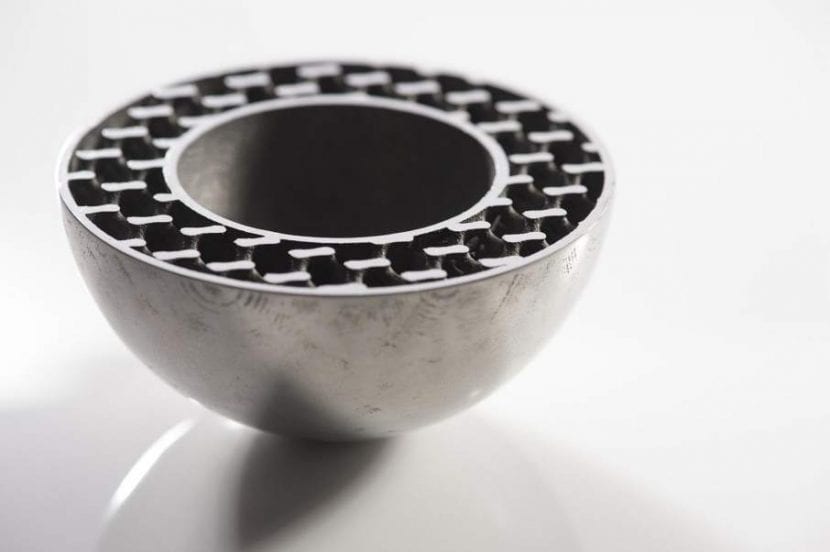
To achieve more efficient vehicles, the engineers of the university of Nottingham they are developing components by manufacturing processes with SLM printing. These processes will allow them to obtain lighter cars and also reduce noise and CO2 emissions.
Technology SLM, Selective Laser Fusion, is an additive manufacturing process where, as in all powder bed fusion processes, metal pieces dimensional by fusing fine metal powders together by the action of a laser high power. From a 3D model made using a CAD design program, a component is printed in which countless factors have been taken into account to improve all its technical properties.
El project will be 3 years old for will try to replace the totally solid content of some of the current components by a less expensive structure but that maintains the structural characteristics of the same. During the time that this asset will try to study if possible incorporate SLM technology into industrial production processes and how this change affects the rest of the production set and the supply chain of raw materials.
More efficient vehicles thanks to SLM printing
The first results are very promising, it has been possible reduce the weight of some parts between 40% and 80%. The most favorable parts a priori to apply additive technology in its creation are mainly brake calipers, heat sinks for LED light systems and some components under the engine
In the manufacture of each piece Only the material necessary for its construction is used and all the excess material can be reused in new parts. The impact this has on production costs is very significant. Raw material consumption is reduced y It is eliminated the need to manage excess waste. Specialized machinery for cutting raw materials that make use of fluids for cutting cooling is no longer necessary.
It is expected that thanks to the progress of this project CO2 emissions are reduced 16.97 g / km, a great relief for the environment.
According to the project leader, Professor Chris Tuck, will benefit UK automotive companies, increasing its competitiveness and adopting innovative approaches to the design and production of vehicle components, with shorter and shorter delivery times than current ones.